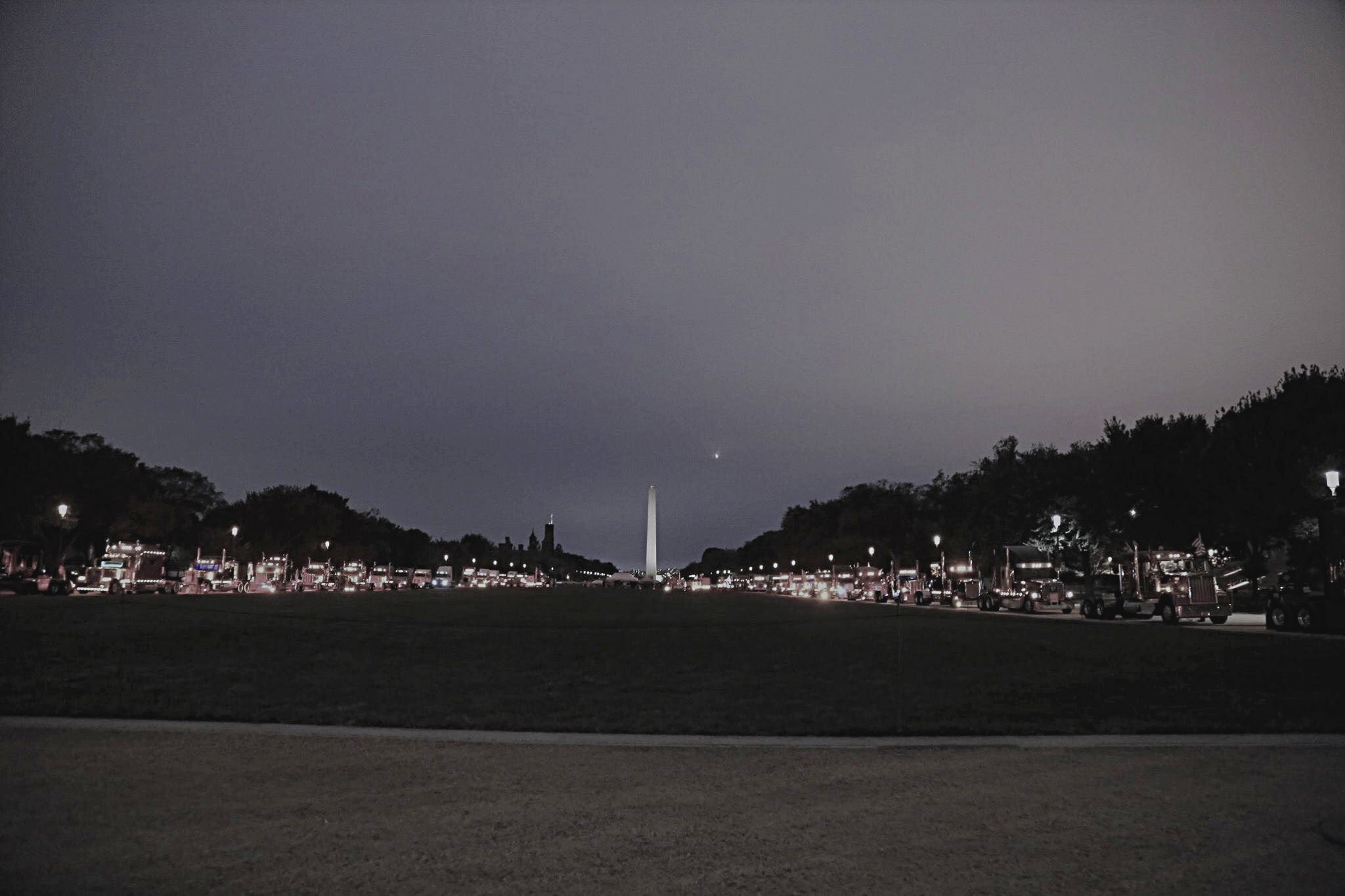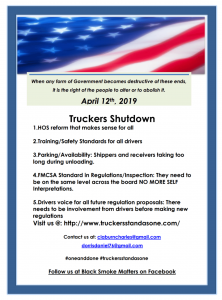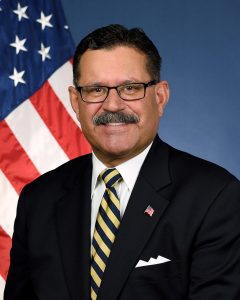A group calling itself Black Smoke Matters is trying to organize a shutdown of truckers on April 12 to protest a variety of conditions affecting drivers, including hours of service and training levels.
The group organized a previous protest on Oct 6, 2018, that slowed and stopped traffic along Interstate-95 in Washington, D.C., for several minutes in protest of over-regulation of the trucking industry.
Black Smoke Matters April 12th Protest
Black Smoke Matters is now asking truck drivers across the nation to join it on April 12 and shut down their trucks for the day. Specifically, the group has laid out the following platform for the protest:
- Hours of service (HOS) reform “that makes sense for all.’’
- Training and safety standards for all drivers.
- Parking availability: “Shippers and receivers taking too long during unloading.’’
- Federal Motor Carrier Safety Administration (FMCSA) standard in regulations and inspections: “They need to be on the same level across the board, no more self interpretations.’’
- Drivers’ voice for future regulation proposals: “There needs to be involvement from drivers before making new regulations.’’
The group’s mission statement on its website reads: “When any form of government becomes destructive of these ends, it is the right of the people to alter or to abolish it.”
Enjoying our insights?
Subscribe to our newsletter to keep up with the latest industry trends and developments.
Stay Informed
Emails to Black Smoke Matters for additional comment and information on the protest have not been returned. It is unclear how much momentum the movement has gained to date.
FMCSA Reaches Out To Industry
FMCSA, under Ray Martinez, spent much of 2018 trying to connect with truck drivers and other industry participants. Martinez has spoken numerous times as events, including at the Mid-America Trucking Show, and took questions from drivers.
“I’ve been charged by the president and secretary to look at regulations from top to bottom,” Martinez told the audience at Mid-America. “I can’t change the law, but I can look at regulations.”
He noted that the introduction of electronic logging devices may have triggered another issue within hours-of-service regulations. To that end, the agency issued a preliminary notice seeking comment on proposed changes to hours-of-service rules. FMCSA is specifically considering:
- Expanding the current 100 air-mile “short-haul” exemption from 12 hours on-duty to 14 hours on-duty, in order to be consistent with the rules for long-haul truck drivers.
- Extending the current 14-hour on-duty limitation by up to two hours when a truck driver encounters adverse driving conditions;
- Revising the current mandatory 30-minute break for truck drivers after eigh-hours of continuous driving.
- Reinstating the option for splitting up the required 10-hour off-duty rest break for drivers operating trucks that are equipped with a sleeper-berth compartment.
Advance Notice of Public Rule Making
In addition, the Advance Notice of Public Rule Making (ANPRM) seeks public comment and relevant data on two recently submitted petitions requesting regulatory relief from HOS rules (1) pertaining to the 14-hour on-duty limitation (filed by the Owner-Operators Independent Drivers Association) and (2) pertaining to the 10-hour off-duty requirement (filed by TruckerNation).
In an interview last year, Martinez said he was interested in learning more about the industry’s issues to see where the agency could act.
“When people tell me they are on the clock and they are stuck when they say ‘I was there for three, five, six hours,’ well, I’m not sure how that happens, but I’m sure it does,” Martinez said. “Are there abusers of the systems? Were folks being put in that position on a regular basis? That is something we need to know.”























